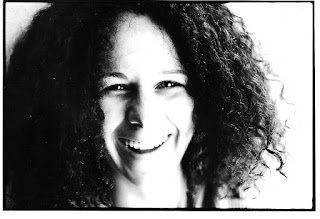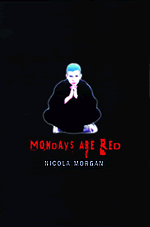GUEST AUTHOR - Sara Sheridan

Sara Sheridan is mostly an historical novelist but also publishes her contemporary fiction on Kindle. She sits on the committee of the Society of Authors in Scotland (where she lives) and on the board of the writers’ collective, “26”. She tweets about her writing life as @sarasheridan. Her books are available here . Today she tells us about all her Kindle adventures... This summer, at the Edinburgh International Book Festival, I read from my kindle during an event rather than using a copy of my book. All month “The Secret Mandarin”, my novel about early Empire explorer and tea botanist, Robert Fortune, had been running up and down the top 100 in the Kindle store, getting into the top 20 several times. “The Secret of the Sands” the book’s follow up (set in the desert) was not too far behind it. I figured most of my readers that month were using kindles, and why shouldn’t I? I was taking part in several events and wanted to read from lots of different sources...











